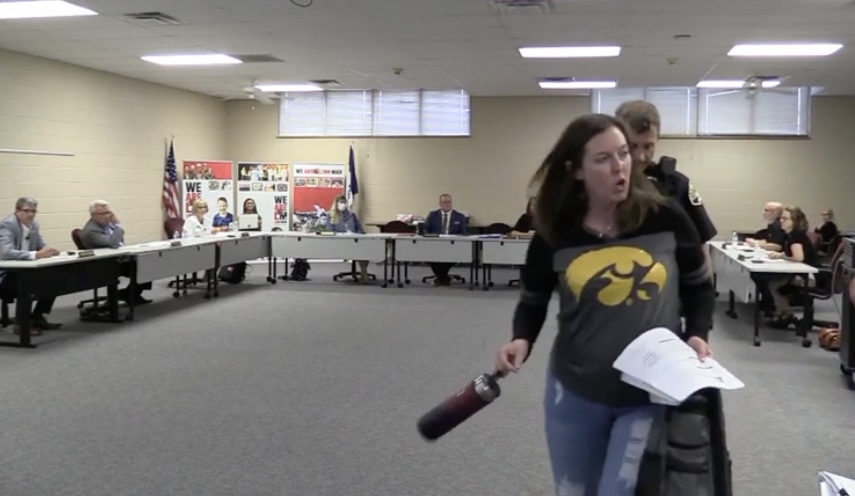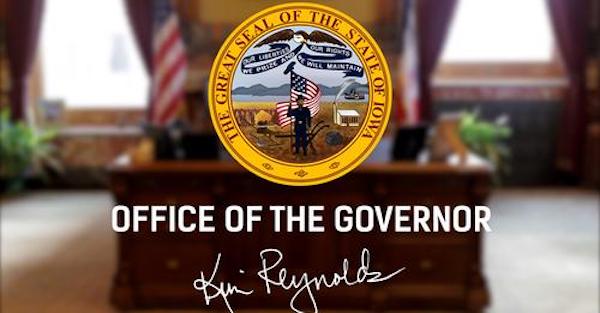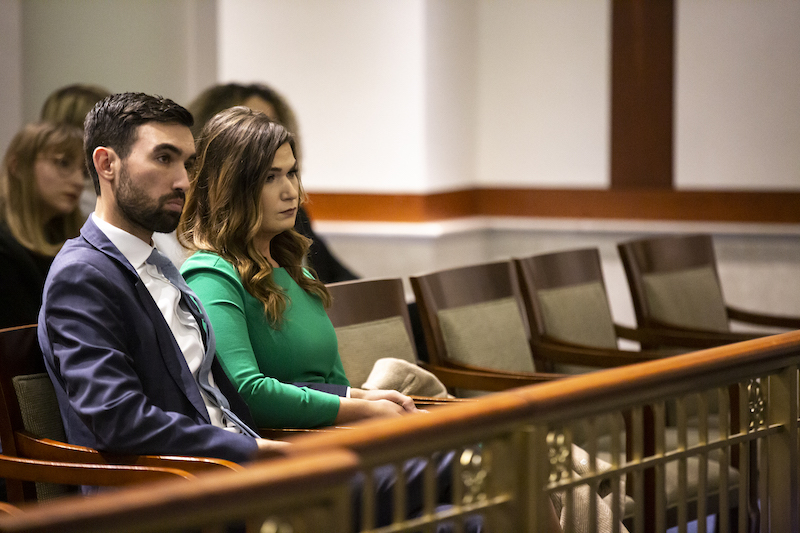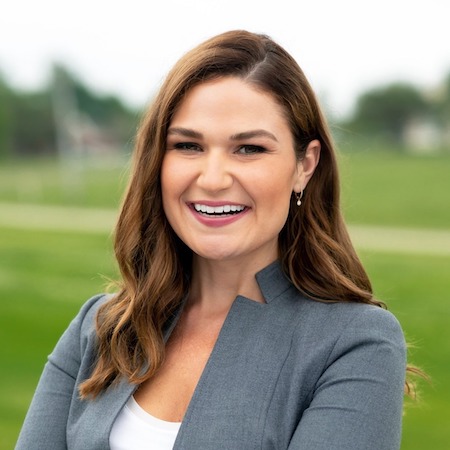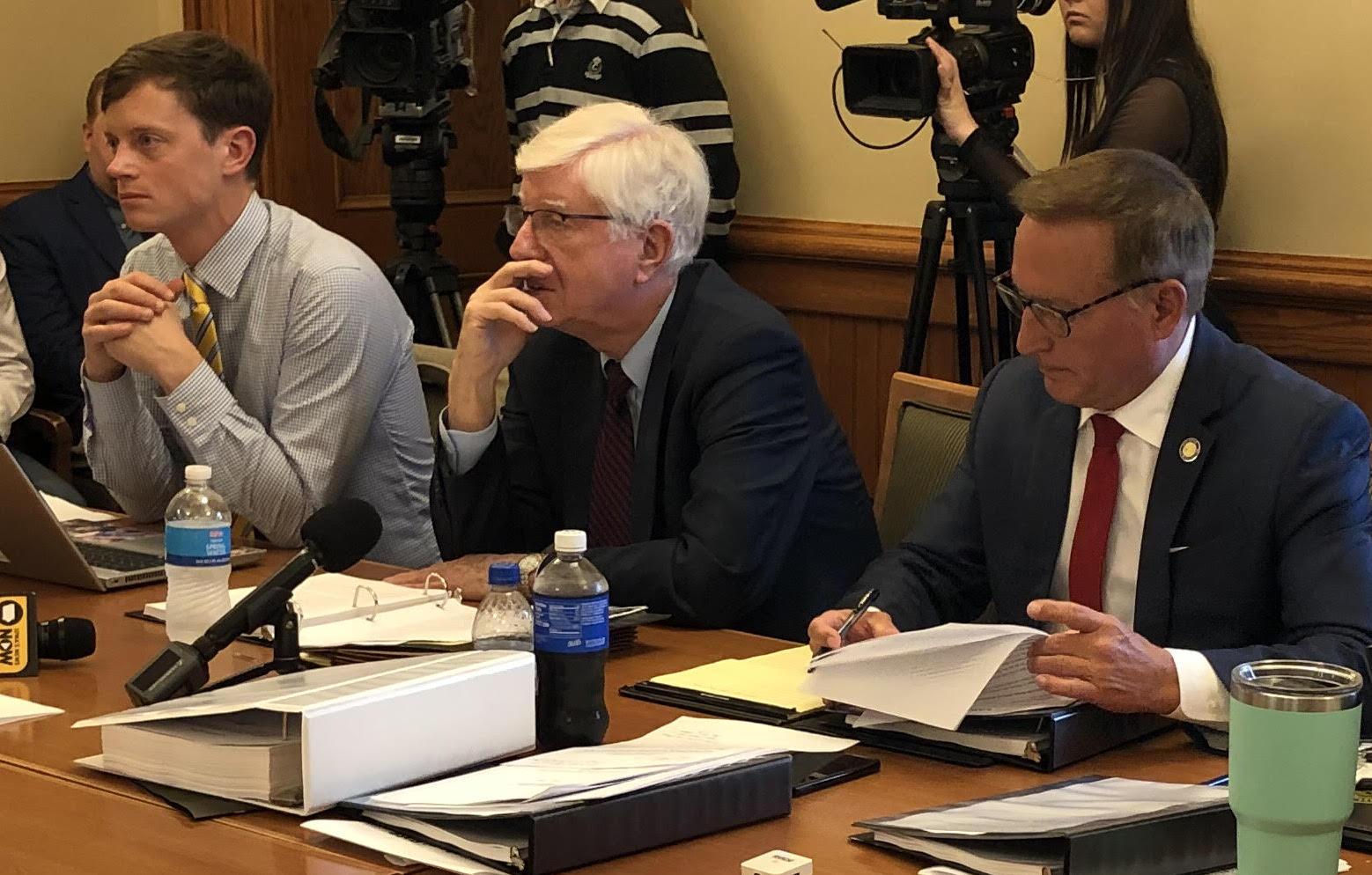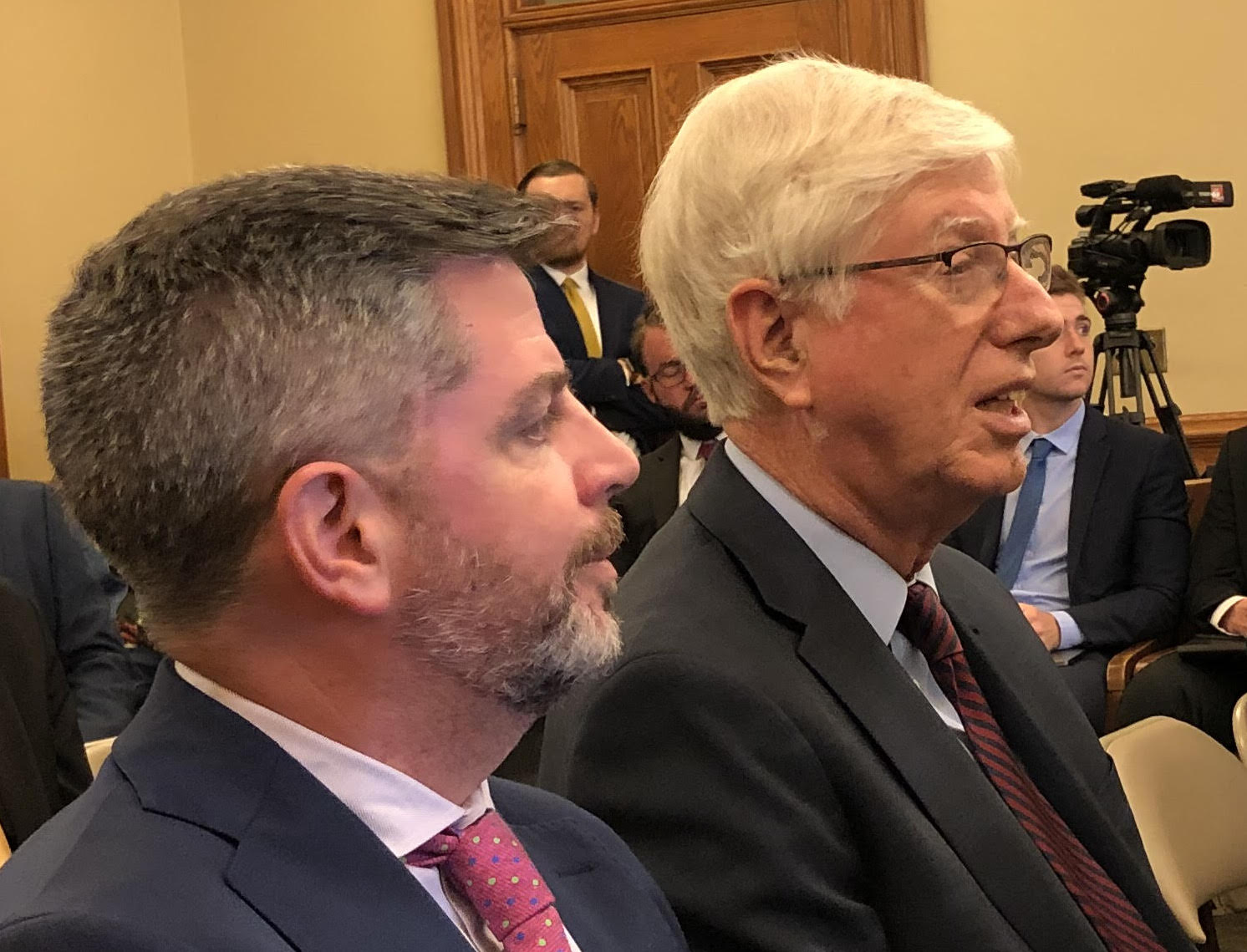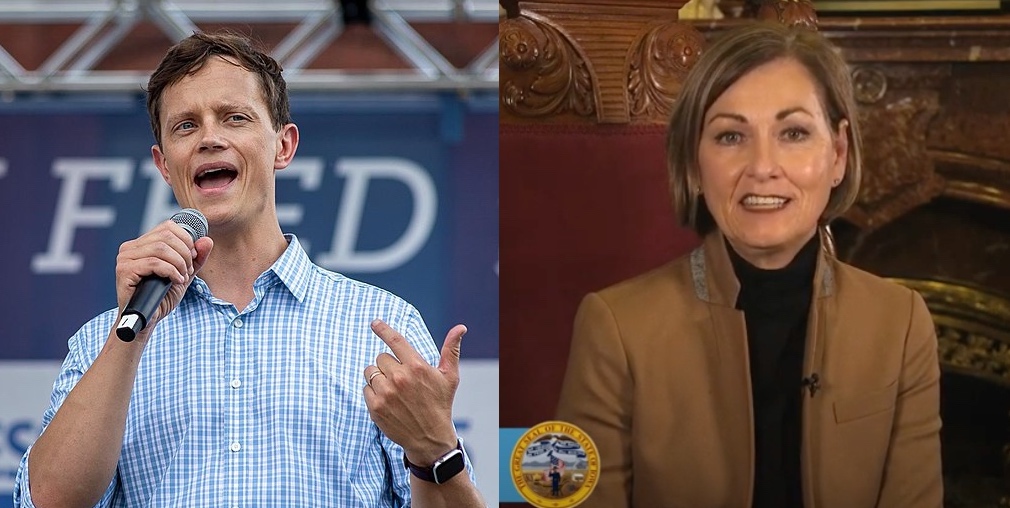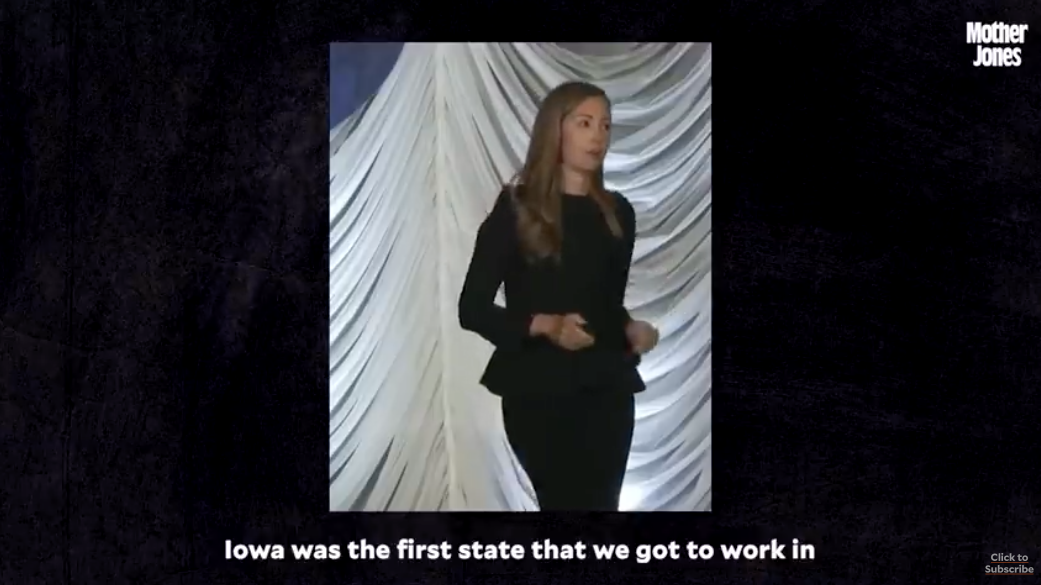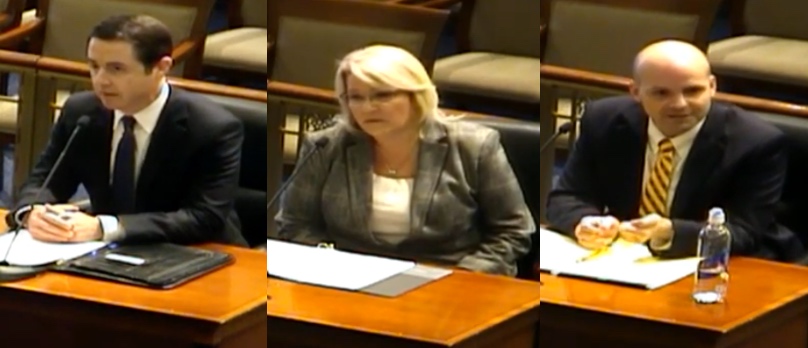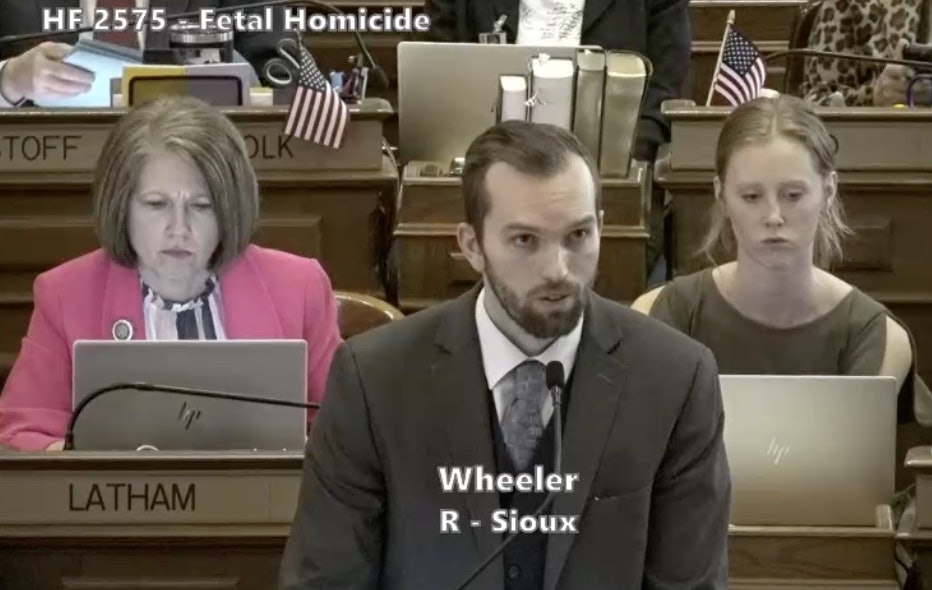
As the Iowa Supreme Court prepares to hear arguments on the near-total abortion ban Republicans enacted last year, state House and Senate Republicans are advancing several bills to further their anti-abortion agenda. The latest example is House File 2575, which rewrites the criminal statute on causing a non-consensual pregnancy loss. House members approved the bill on March 7, voting mostly along party lines.
Republican State Representative Skyler Wheeler denied during Iowa House debate that what he called a “fetal homicide” bill could jeopardize the legality of in vitro fertilization (IVF). He either doesn’t understand the plain meaning of the legislation he floor managed, or was trying to mislead the public about its potential impact.
Continue Reading...
